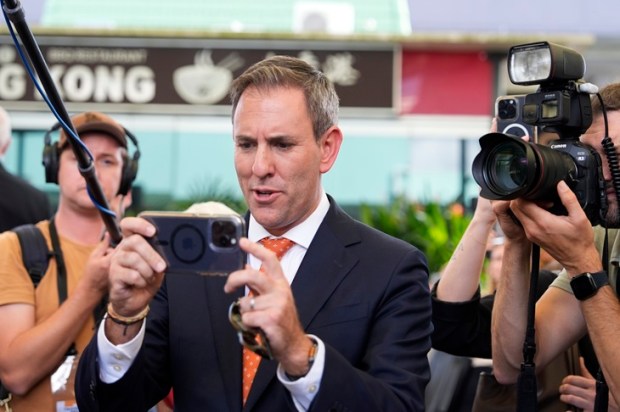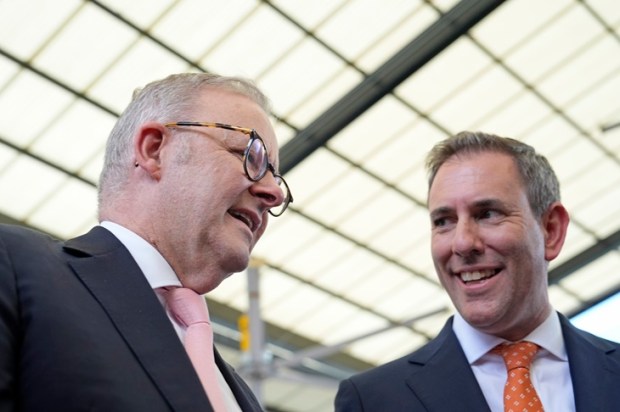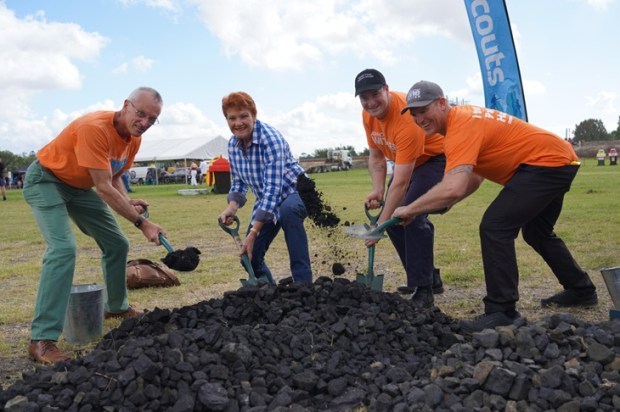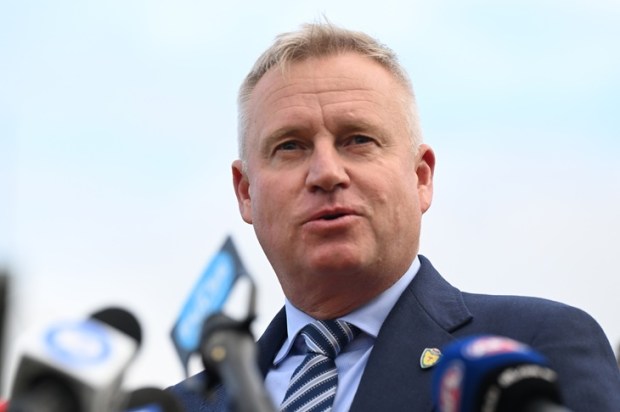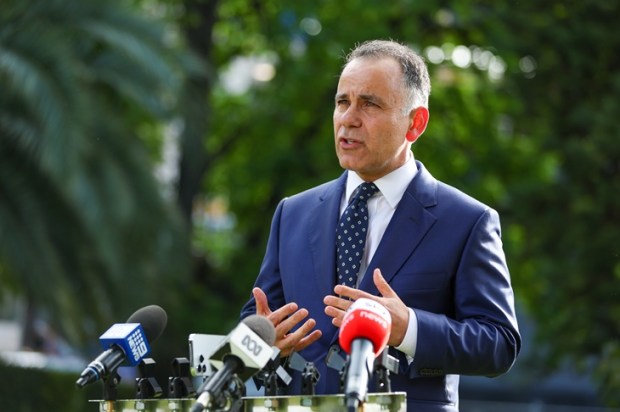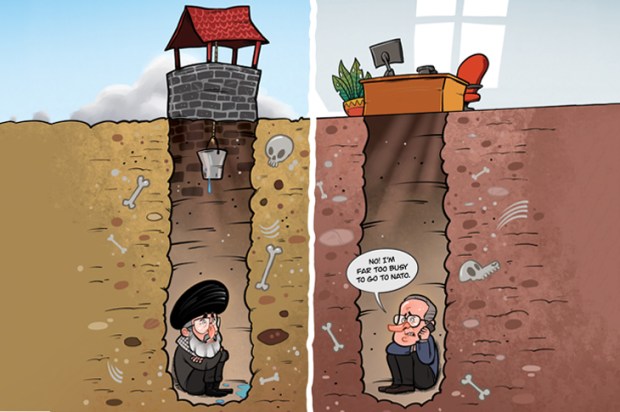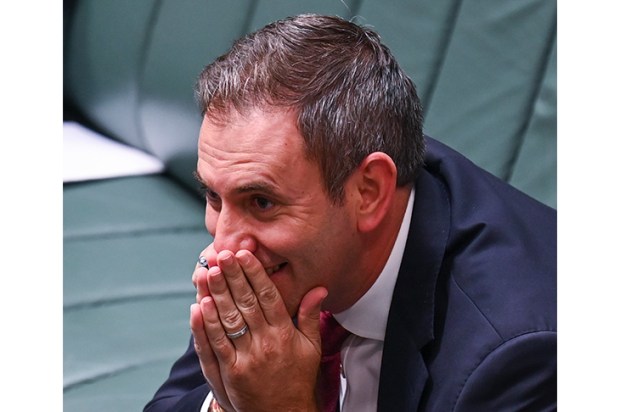From the National Press Club: Imagine sitting in your loungeroom as a 1970s kid watching Tom and Jerry on a Sunday evening. The show ends, and the next show is Clint Eastwood’s R-rated Dirty Harry. You usually watch classic American dramas with your dad like the Rockford Files, The Streets of San Francisco, and the Steve McQueen and Charles Bronson classics. You beg your dad to allow you to stay up to watch Harry Callahan take out the bad guys, and eventually he submits to your petitioning.
As the show begins, the police burst through the door and arrest your parents for their lack of judgment.
The classification system for broadcasting exists for a reason. It enables parents to make informed decisions. Under 16s can’t get into an R-rated movie (do they even exist anymore?). These are passive measures designed to prevent children from viewing unsuitable content without their parents’ guidance, as it should be.
A majority of politicians support the role of the eSafety Commissioner. It is couched in terms of protecting children but is dripping with unintended consequences that echo the excesses of government control during the pandemic. The pandemic is even used as an excuse for the importance of the social media ban, because apparently forcing kids to stay at home for months on end isn’t healthy and it drove them to social media.
Rather than encourage sports and healthy lifestyles, our government turns to a ban on social media.
In a speech that could reshape Australia’s digital landscape, eSafety Commissioner Julie Inman Grant addressed the National Press Club today, advocating for a ban (she likes to say ‘I don’t like calling it a ban’) on social media access for Australians under 16.
Titled Swimming between the digital flags: helping young Australians navigate social media’s dangerous currents, her address outlined a regulatory framework targeting platforms like TikTok, Instagram, Facebook, X, Snapchat, and controversially, YouTube, which was initially exempt but now faces inclusion due to its ‘persuasive design features’.
While the intent to protect children is the moral imperative for taking more rights away from Australians, the proposal will plunge Australia further into a digital nanny state.
Under the leadership of Albo and his Uniparty, questions about freedom, privacy, and democratic governance are ignored in pursuit of social engineering. In particular, the government has decided it will be taking on the role of parents.
(We all know where that leads. Parents are kept in the dark as their kids are exposed to radical ideas about gender and history that prepare them to be good little government supporters.)
It’s called the ‘nanny state’.
The term describes a government that excessively intervenes in personal choices, often under the guise of protection. The Prime Minister has championed the proposed age limit, declaring that ‘social media is doing social harm to our kids’ and committing to legislation setting the minimum age at 16. This stance reflects an overzealous approach dressed up in well-meaning platitudes.
Historical parallels, such as Australia’s content classification policies, demonstrate a tradition of balancing regulation with market freedoms. In contrast, the eSafety measures revisit a modern version of Stephen Conroy’s abandoned ‘internet filter’.
Once again, Labor is directly meddling with what Australians can access online. The difference this time is the Labor-lite Coalition support the ban on social media.
The research presented by the eSafety Commissioner today suggests that 70 per cent of children have encountered harmful content, such as ‘misogynistic’ or hate material, and 36 per cent have faced online abuse, with 40 per cent reporting harm on YouTube. These statistics seem to mirror how much kids in the 70s and 80s were bullied at school by teachers, other parents, and other kids. I don’t recall anyone giving a toss back then. You learnt how to be resilient and to stand up for yourself.
That’s not to say that the online world is not dangerous, but a blanket ban on social media is hardly an effective remedy. Empowering parents and educators with digital literacy tools (remember ‘Stranger Danger’?) would foster responsible online behaviour without resorting to broad prohibitions. By shifting the burden to platforms, as Inman Grant suggests, the government sidesteps the role of individual responsibility, a cornerstone of conservative thought, and also takes away parental discretion.
A more pressing concern is the eSafety Commissioner’s dual role in shaping policy and enforcing regulations. Under the Online Safety Act 2021, Inman Grant holds significant powers, including the ability to mandate content removal and impose fines up to $49.5 million per breach for platforms failing to prevent underage access. Simultaneously, her recommendations, such as including YouTube in the ban, influence legislative agendas.
Typically, regulators fervently avoid speaking about policy because their role is to enforce the laws, not make them. The concentration of authority in the eSafety Commissioner risks bypassing the traditional separation of powers in Australia’s liberal democracy, where policy-making resides with the legislature and enforcement with the executive.
My question is, if the eSafety Commissioner makes policy and then regulates her own policies, then who regulates the regulator?
Referring to her lifesaver metaphor, Inman Grant said that she could not fence off the ‘digital beach’. However, it seems likely she is trying to set up a digital gate that Australian adults will need to go through to access social media. At a time when our economy, society, and foreign affairs are in tatters, you’d think our government would have better things to do than try and replace mum and dad.
Dr Michael de Percy @FlaneurPolitiq is the Spectator Australia’s Canberra Press Gallery Correspondent. If you would like to support his writing, or read more of Michael, please visit his website




